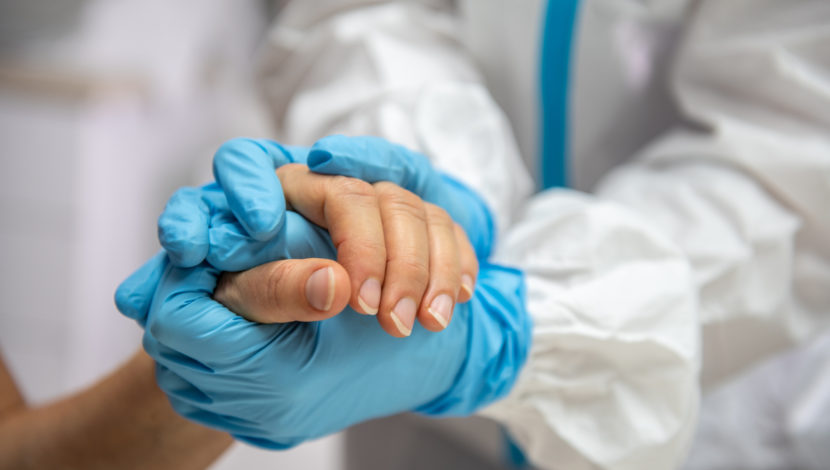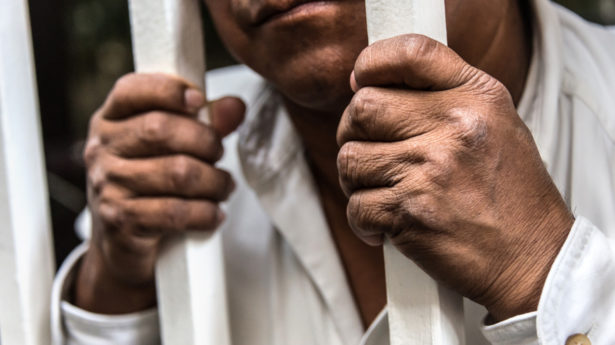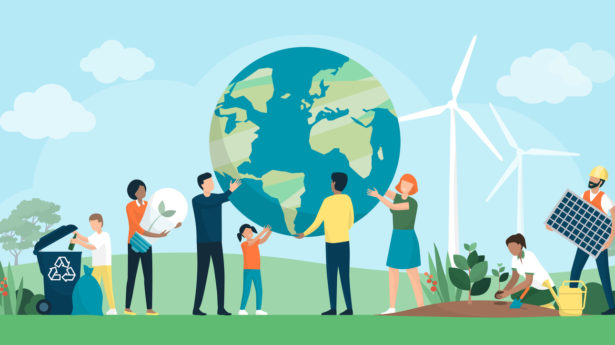The Unitarian Universalist Service Committee advances human rights through grassroots collaborations.
Two Years Later: Navigating the COVID Crisis (pt. 1)

By Suhra Nahib on May 17, 2022
This is part one of a three-part series examining how UUSC’s partners are responding to the pandemic.
After the COVID-19 pandemic hit and the entire world went into lockdown, life as we know it changed dramatically. In a short time, we all adjusted to new policies and practices to mitigate the spread of the virus. Many small businesses and organizations suffered from this sudden lockdown. UUSC partners have not been an exception. In 2021, UUSC reported how our partners dealt with COVID-19. This year, we are sharing how our partners have used UUSC grants and what they have done for their communities.
Te Toa Matoa (Kiribati)
Most Pacific island nations were among the last places hit by COVID-19. Due to their location, it was easy to close the borders and limit travel in and out of these nations. However, just like the rest of the world, the islands had to address the pandemic and its costs.
Te Toa Matoa is a partner organization that explicitly works with disabled persons.
UUSC’s financial support:
- Allowed Te Toa Matoa to work with the Kiribati Disabled People Organization (KDPO) to collaborate with the Ministry of Health to ensure that all its services accommodate people with disabilities;
- Created a space for the KDPO to help establish precautions and procedures for COVID-19 prevention and treatment;
- Provided an important opportunity for Te Toa Matoa to raise awareness of the issues facing people with disabilities. For example, providing easier access to health services for people with disabilities; developing communications that are responsive to the needs of those with disabilities;
- Helped Te Toa Matoa staff members visit communities to collect data on the impact of the pandemic to improve public health guidelines;
- Funded a visit to the outer island to conduct advocacy work around the needs of people with disabilities. As a result of the visits to the island, the KDPO gathered vital information on the needs of people with disabilities on the outer island; and
- Gave the KDPO the opportunity to continue its work so that disabled persons are fully protected from the pandemic.
Asociación Pop No’j (Paxil Kayala, Kajib’ Tz’ikin, Guatemala)
In Guatemala, people are experiencing a spike in COVID-19 cases, mainly due to the spread of the omicron variant. Official reports indicate that there are about 1,000 new cases daily. UUSC partner Asociación Pop No’j (APN) noted that “we know that there are more cases than that since cases are always significantly underreported. In addition, we have recently learned of more COVID-19 deaths, including children, in communities in Huehuetenango [a city in western Guatemala].”
The Guatemalan government often spreads disinformation to the public so that it can prioritize economic interests over public health.
UUSC’s financial support:
- Helped distribute vaccinations once across the region. There is still a high demand for boosters, which has caused delays in the vaccination process.
- Allowed APN to provide vaccinations in rural areas (vaccinations are being carried out in cities, municipal urban centers and more populated areas, but not outside of these areas). At one point, vaccine administration on foot began, with visits made to individual homes, but this has not continued.
The pandemic’s effects continue to be monitored. APN continues its prevention measures and educates the populations they work with. For example, they have made it mandatory for all staff to be vaccinated.
In part two of this series, we will explore the impact of three more UUSC partners.
Photo Credit: iStock—AlenaPaulus

